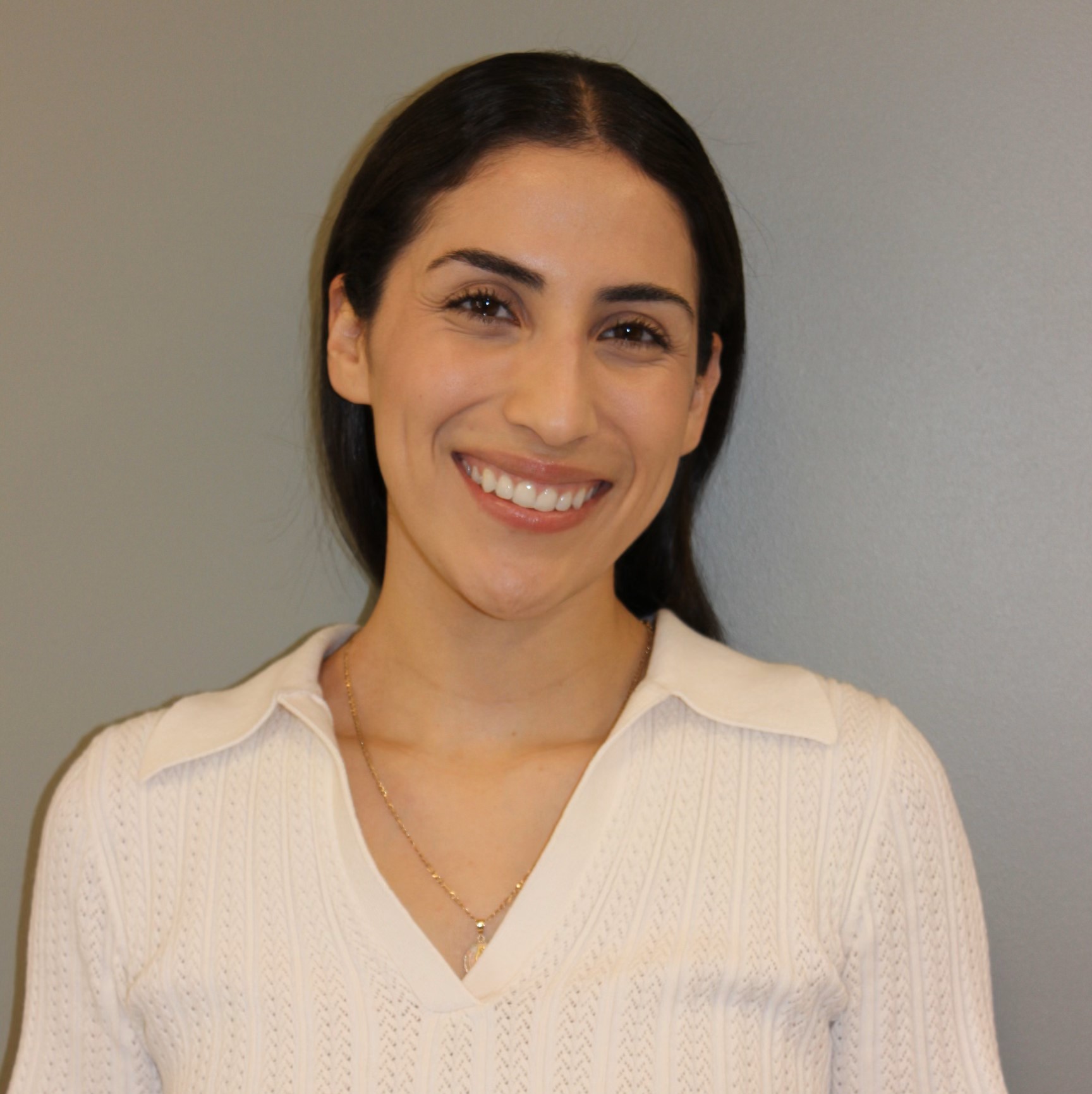January brings an abundance of New Year’s resolutions, personal development goals, and health and fitness tips as society embraces the “New Year, New Me” mindset. By the time you’ve reached this article, you’ve likely read your fair share of advice on setting goals and making changes. Rather than adding to the stereotypical New Year’s reinvention, I want to focus on concepts this content often overlooks: sustainability and compassion. In today’s ever-changing landscape of social media and social comparison, it is imperative to focus on lasting, realistic outcomes, resilience, and softness toward ourselves.
The societal and social media pressure to “rebrand” oneself and conform to a specific ideal of self-improvement can become overwhelming, often leading to burnout by February. I propose we shift the focus to a more holistic, compassionate approach that might build emotional resilience and self-compassion. This approach could evolve and become more personalized as the year progresses, fostering new goals that celebrate small wins and align with your current mental and emotional state.
The reality is, no one knows how this new year will turn out, or what curveballs are coming our way. Practicing emotional resilience in the new year provides a perspective that enables you to face negative emotions and unexpected situations. In an article entitled, “What Is Emotional Resilience? (+6 Proven Ways to Build It)” by Madhuleena Roy Chowdhury, Chowdhury writes, “…emotional resilience means bouncing back from a stressful encounter and not letting it affect our internal motivation. It is not a ‘bend but don’t break’ trait, rather resilience is accepting the fact that ‘I am broken’ and continuing to grow with the broken pieces together.” Self-acceptance is key to building resilience, emphasizing a deeper understanding of how feelings influence actions. It is crucial to identify how you react in stressful situations and the thoughts and circumstances that provoke those negative emotions. By prioritizing your emotional resilience this new year, you can create a strong foundation to navigate daily stressors, workplace struggles, turbulent relationships or any unexpected situations this new year may bring.
Practicing self-compassion will allow you to create more meaningful and attainable goals. In practice, self-compassion is being kind to yourself and responding to your struggles and imperfections like you would to a loved one. Self-compassion can help improve your overall mental wellbeing. An article by psychotherapist Natacha Duke, “4 Techniques for Practicing Self-Compassion”, emphasizes that self-compassion is about opening up a space for change. One of the four techniques Duke shares, and one that I invite you to exercise, is writing a letter to yourself from the perspective of a friend or a loved one. As Duke puts it, this allows you to practice compassionate dialogue; they write, “…the idea is that over time, you’ll become familiar with speaking emphatically to yourself and become more comfortable with the idea of being compassionate to yourself.” The article also discusses research by Kristen Neff, PhD, who identified three components of self-compassion: self-kindness, mindfulness, and common humanity. If we speak to ourselves how we would to others, make space to validate our feelings, and recognize our imperfect humanity, we can build sustainable self-compassion.
Although I can’t give you the latest workouts, a perfect skin-care routine, or the best budgeting techniques, I leave you with useful tools for promoting personal growth throughout the year. I challenge you to focus on progress over perfection, celebrate small wins, and align your goals with your values and current emotional state. I encourage you to approach this new year by practicing emotional resilience and self-compassion, giving yourself the grace to grow at your own pace.

Isabel Villegas, Prevention Educator- Isabel earned her bachelor’s degree in Global Health from the University of California, San Diego. She is passionate about pursuing a career in the medical field, with the goal of improving access to care and supporting underserved communities. Isabel is dedicated to giving back to her community and is especially interested in educating others on mental health and overall wellness.
